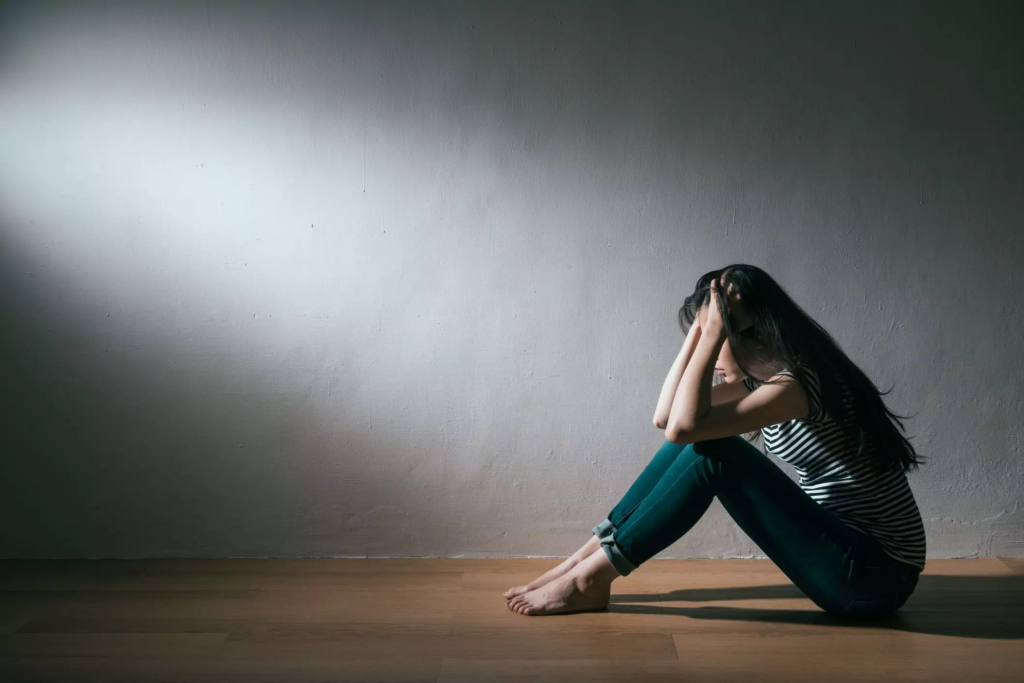In the shadows of the mind, depression casts a heavy veil, clouding our thoughts and dimming our outlook on life. Yet, amidst the darkness, there exists a glimmer of hope—a path to healing and renewal that begins with understanding and compassion. In this article, we embark on a journey to unravel the complexities of depression, exploring strategies for self-care and uncovering effective treatments that offer relief and restoration.
Understanding Depression: Shedding Light on the Darkness
Depression is more than just feeling sad or blue; it’s a pervasive and debilitating mood disorder that affects millions of people worldwide. From persistent feelings of sadness and hopelessness to changes in appetite, sleep disturbances, and loss of interest in once-enjoyable activities, depression can manifest in a myriad of ways, each taking its toll on our emotional and physical well-being. Understanding the underlying causes of depression—whether they be genetic, biological, or environmental—is the first step toward reclaiming control over our mental health.
The Impact of Depression: Navigating the Storm
Depression is not merely a passing phase or a temporary bout of sadness; it’s a serious mental health condition that can have far-reaching consequences. Left untreated, depression can impair our ability to function in daily life, strain relationships, and exacerbate existing health problems. Moreover, depression is a leading cause of disability worldwide, robbing individuals of their vitality and zest for life. Yet, despite its formidable presence, depression is not insurmountable—with the right support and treatment, recovery is possible.
Seeking Support: Building a Safety Net
One of the most important steps in managing depression is reaching out for support. Whether it be from friends, family, or mental health professionals, having a strong support network can provide a lifeline in times of darkness. Talking openly about your feelings, seeking therapy or counseling, and connecting with support groups can offer validation, perspective, and practical coping strategies for navigating the ups and downs of depression. Remember, you are not alone, and asking for help is a sign of strength, not weakness.
Self-Care Strategies: Nurturing Body and Soul
While depression may leave us feeling depleted and disconnected, practicing self-care can help replenish our reserves and foster a sense of well-being. Engaging in regular physical activity, such as walking, yoga, or dancing, can boost mood and energy levels, while maintaining a balanced diet and getting adequate sleep supports overall health and vitality. Additionally, practicing mindfulness and relaxation techniques, such as deep breathing or meditation, can help calm the mind and promote emotional resilience in the face of adversity.
Exploring Treatment Options: Finding What Works for You
When it comes to treating depression, there is no one-size-fits-all approach. What works for one person may not work for another, so it’s essential to explore different treatment options and find what resonates with you. For some, medication may be a helpful tool in managing symptoms, while others may prefer psychotherapy or alternative therapies such as acupuncture or herbal supplements. Ultimately, the key is to find a comprehensive treatment plan that addresses your unique needs and preferences, working closely with your healthcare provider to monitor progress and adjust as needed.
FAQs (Frequently Asked Questions)
- What are the common symptoms of depression? Common symptoms of depression include persistent feelings of sadness, hopelessness, or emptiness, loss of interest or pleasure in activities once enjoyed, changes in appetite or weight, sleep disturbances, fatigue, difficulty concentrating, and thoughts of death or suicide.
- How do I know if I’m experiencing depression or just going through a rough patch? While everyone experiences periods of sadness or stress, depression is characterized by persistent symptoms that interfere with daily life and last for two weeks or longer. If you’re unsure, it’s essential to reach out to a mental health professional for evaluation and support.
- Is depression a sign of weakness or a character flaw? No, depression is a medical condition, not a personal failing. It can affect anyone, regardless of age, gender, or background, and seeking help is a courageous step toward healing and recovery.
- Can depression be cured, or is it something I’ll have to live with forever? While depression can be a chronic condition for some individuals, it is highly treatable with the right support and treatment. Many people experience significant relief from symptoms and go on to lead fulfilling lives with proper management.
- What should I do if I suspect a loved one is struggling with depression? If you’re concerned about a friend or family member, approach them with empathy and offer your support. Encourage them to seek professional help and reassure them that they are not alone. Be patient and understanding, and let them know you’re there for them every step of the way.

